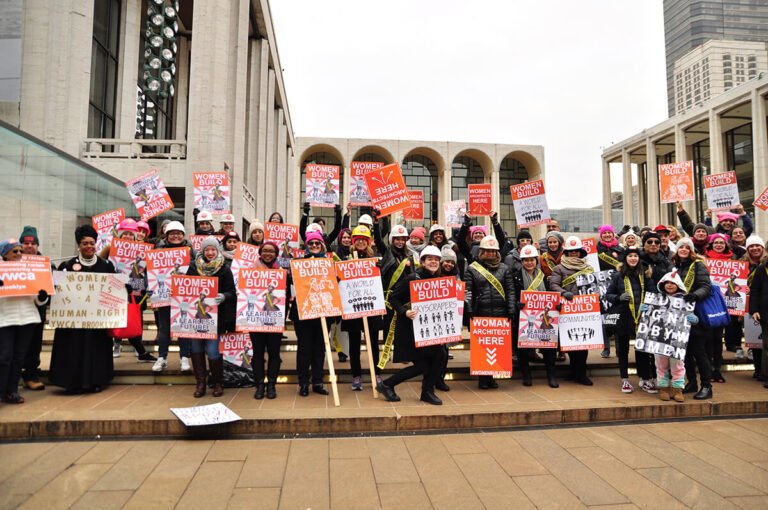Startblock B2 Hub / Bernd Huckriede | United Architektur + ludwig heimbach architektur
Startblock B2 Hub / Bernd Huckriede | United Architektur + ludwig heimbach architektur


Text description provided by the architects. The Cottbus “Startblock B2” regional start-up center serves as an impulse generator for the region, intended to enable new perspectives for people in Lusatia during the current structural change. It serves as a place of exchange: among the founders with the urban society and the university environment. The new building is located directly at the entrance to the Brandenburg University of Technology Campus (BTU), at which the other end is the IKMZ by Herzog & de Meuron.



The new business incubator concentrates the activities of tech start-ups in one place plus enriches the city with a valuable community building – as an impulse generator for the region. On the ground floor, the building serves as a public threshold between the users of the building and the interested general public, and the university community.

The building is a hybrid structure with a prefabricated wooden curtain wall façade that evolves from heavy to light, relying on sustainable solutions such as manual night ventilation, shading, and geothermal component activation. The facade’s striking screens provide shade and act as semi-transparent screening for the building’s work areas. The screens sculpturally articulate the building, creating a silvery-red alternate image with the city colors that define its identity.


The business incubator is a workshop for thoughts, ideas, experiments, and developments. The office spaces offer flexible space for different types of work: from fully equipped coworking workstations in the open-plan office to two-person and individual offices, complemented by various communal and presentation areas. In addition to the various forms of work and communication, a large ramp and the attached workshop courtyard serve as an open-air cinema.



The “workshop idea” is found throughout the building: at the desks and in large conferences, in public but informal presentations, in the FabLab or the series of experiments in the laboratory, and is also supported through the design inside the building. The exposed concrete surfaces of the shell construction are present throughout the building. Doors, metal perimeter guards, the grilles of the two staircases, and the ventilation ducts are made of galvanized steel. All installations are visible on the surface of the exposed concrete structure.



Two color spectrums complement the materiality. The achromatic spectrum from white to black belongs to the working environment, and the chromatic spectrum from yellow to red belongs to the public areas. On the glazed first floor, the seemingly light-enhancing power of the foyer color creates a particular atmosphere when the sun is low in the sky. The ground floor with different functions is thus a threshold space used by the public and the founders.







